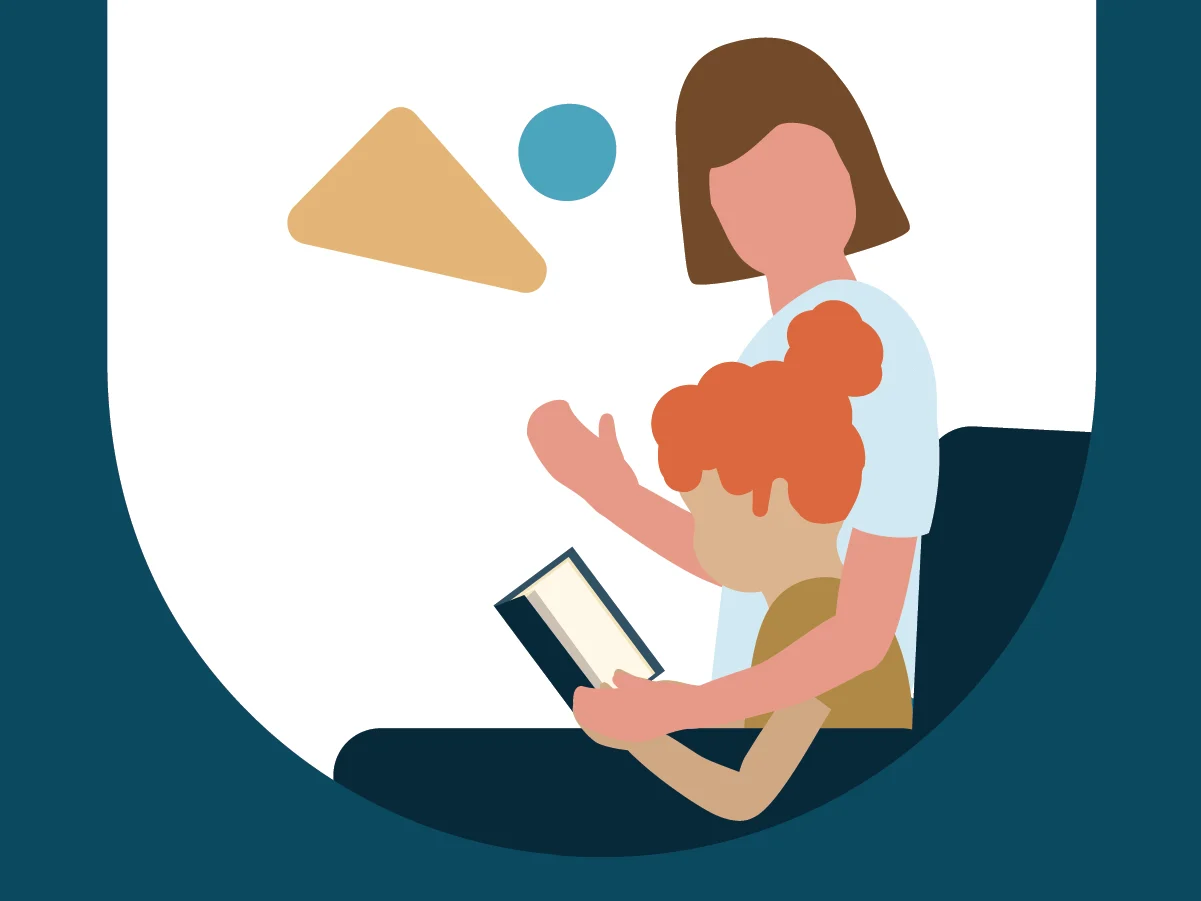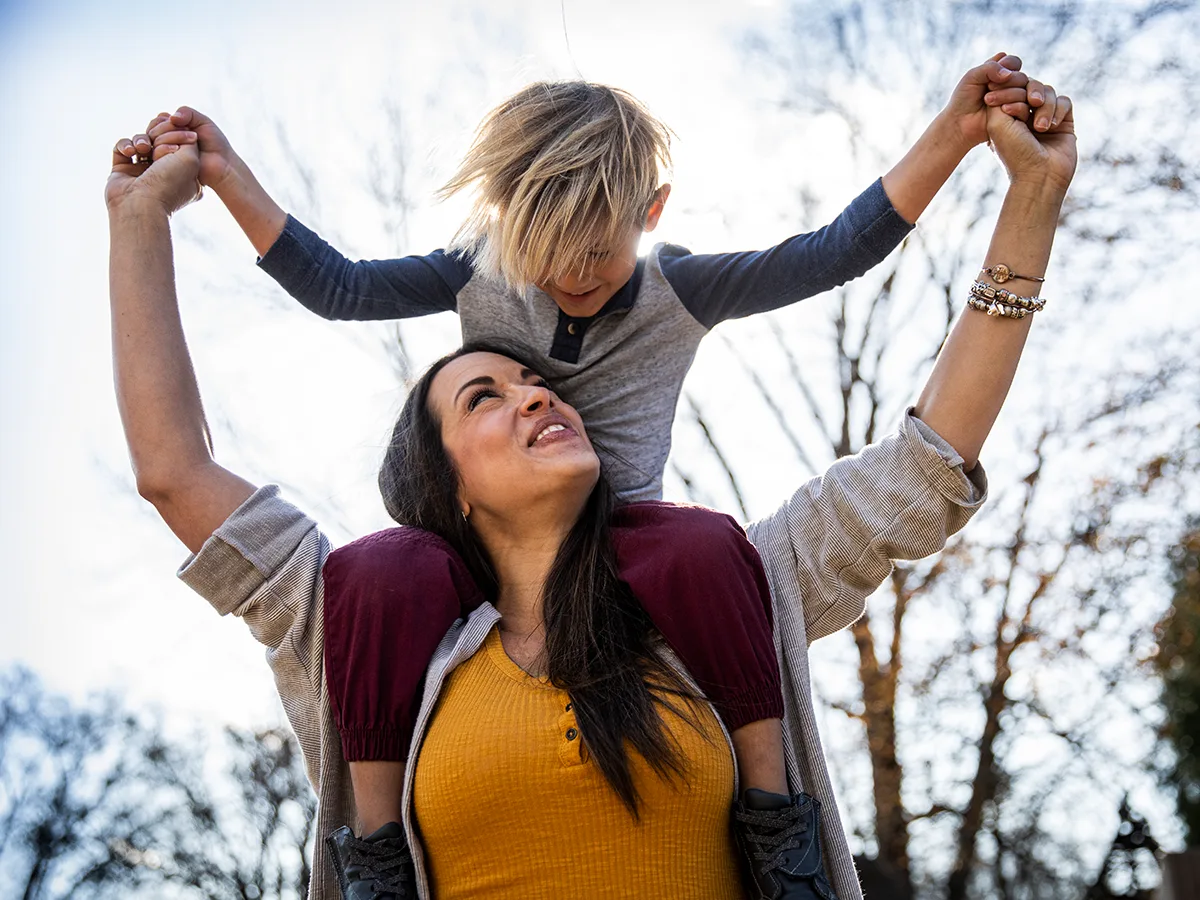5 places to find other families of kids who learn and think differently
How can you connect with other families of kids with ADHD and learning differences? Check out these ideas.
Friends and family can be very supportive. But unless they also have kids with learning and thinking differences, they may not fully understand what you’re going through. That’s why meeting other parents of kids with similar challenges can make a huge difference.
Here are five places where you can connect with other parents and caregivers of kids who learn and think differently.
1. Understood
Connect with other parents through Understood’s social media. You can follow us and meet other followers on Facebook, TikTok, Instagram, and Pinterest. We also have Understood en español on Facebook.
2. Learning Disabilities Association of America (LDA)
LDA is a national education and advocacy group and a founding partner of Understood. It promotes research in the field and works to protect the rights of people with learning disabilities.
LDA has more than 100 state and local branches in the United States. They offer informational meetings and support groups. Some state branches also hold conferences. All of these events can be good places to meet parents of kids with learning and thinking differences.
3. Your child’s school and its PTA
Ask the PTA (parent-teacher association) at your child’s school if it has a group or committee for parents whose kids receive services. These groups include parents whose kids have learning and thinking differences.
You can check with your state PTA office to see if there’s a special education PTA (SEPTA) that brings together parents from different schools in your district. You may even want to consider starting a SEPTA.
You can also ask a school counselor about support groups in your area. Due to privacy rules, school staff can’t give you the names of other parents whose kids have challenges similar to your child’s. But the school can give you contact information for local groups. Or they can let other parents know you’d like to start a support group.
4. Community youth organizations
National organizations like the Y and the Boys & Girls Clubs of America aren’t devoted specifically to learning and thinking differences. But contacting your local branch may still be useful. It probably fields many questions on support groups for learning and thinking differences and may have contact information for them.
5. Your local community calendar
Look for community events through your local library, newspaper, or city website. Sometimes groups like the Rotary Club hold talks on topics related to learning and thinking differences. Or there might be a fundraising event, like a walk-a-thon to raise money or awareness about a particular issue or program.
A local hospital that provides services for kids for learning and thinking differences may have some leads for you. Local mental health centers or clinics are two other places to try.
Or start your own group
If there aren’t any local support groups that work for you, consider starting one yourself. It’s important to connect with other parents, whether online or in person. Having the support you need can help you feel more confident about raising a child with learning and thinking differences.





